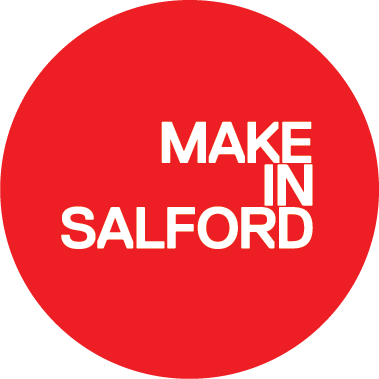Approved Laser Cutter Materials: Difference between revisions
Makerspace (talk | contribs) |
|||
| Line 14: | Line 14: | ||
=== PETG, Polycarbonate === | === PETG, Polycarbonate === | ||
PETG and | PETG and thin polycarbonate (<1mm) is generally safe to cut with a laser cutter, but aren't great to work with. Polycarbonate in particular discolours around the edges and cut edges can melt back together again. | ||
We don't typically keep | We don't typically keep PETG and Polycarbonate in stock. | ||
== Wood == | == Wood == | ||
Revision as of 19:05, 15 December 2023
Plastics
Acrylic
Acrylic is generally considered safe for laser cutting. Cast acrylic is generally a nicer material to work with compared to extruded, but it has poorer dimensional/thickness tolerance.
Wherever possible we purchase recycled acrylic. Please place any unusable offcuts into the acrylic recycling bin.
Engraving Laminate
This material is made from two layers - one thin coloured layer bonded to a thicker layer of a different colour. By carefully engraving away the top surface you can make very hard wearing signs and labels.
PETG, Polycarbonate
PETG and thin polycarbonate (<1mm) is generally safe to cut with a laser cutter, but aren't great to work with. Polycarbonate in particular discolours around the edges and cut edges can melt back together again.
We don't typically keep PETG and Polycarbonate in stock.
Wood
Laser-safe MDF
Normal MDF may contain glues which release harmful combustion byproducts. All the MDF the Maker Space purchases is "laser grade" and made with glues compatible with laser cutting.
Laser-safe Plywood
Normal plywood may contain glues which release harmful combustion byproducts. All the plywood the Maker Space purchases is "laser grade" and made with glues compatible with laser cutting.
